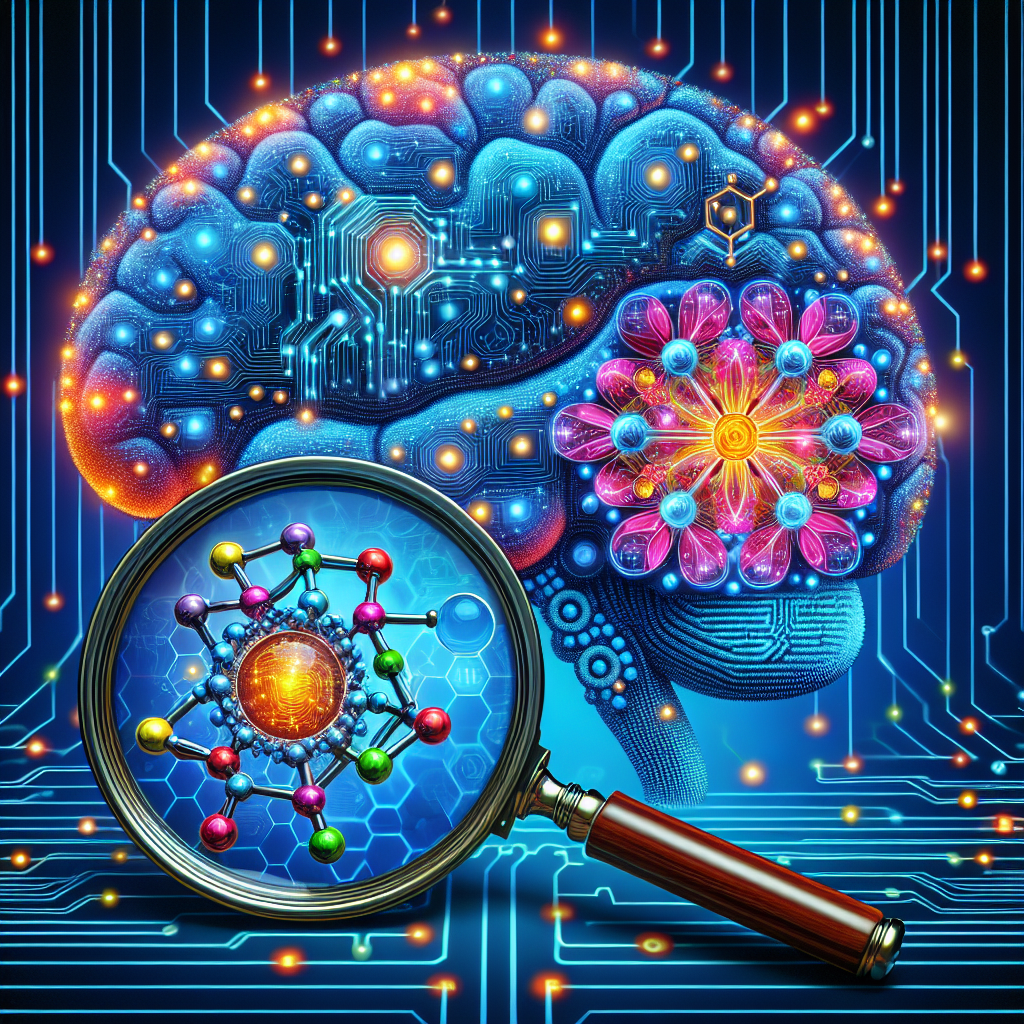In recent years, the field of drug discovery has seen a significant transformation with the integration of artificial intelligence (AI) solutions. These advanced technologies have revolutionized the process of identifying new drug candidates, optimizing drug design, and accelerating the development of novel therapies. AI has the potential to significantly improve the efficiency and success rate of drug discovery, leading to the discovery of new treatments for a wide range of diseases.
AI in Drug Discovery
AI technologies, such as machine learning, deep learning, and natural language processing, are being used to analyze vast amounts of data and generate valuable insights that can inform drug discovery efforts. By leveraging AI algorithms, researchers can sift through massive databases of chemical compounds, biological data, and clinical trial results to identify potential drug candidates with the highest likelihood of success.
One of the key advantages of AI in drug discovery is its ability to identify patterns and relationships in complex datasets that would be difficult or impossible for humans to detect. By analyzing large amounts of data, AI algorithms can identify potential drug targets, predict the efficacy and safety of drug candidates, and optimize drug design to improve therapeutic outcomes.
AI is also being used to streamline the drug discovery process by automating repetitive tasks and reducing the time and cost of developing new drugs. For example, AI-powered virtual screening platforms can quickly analyze millions of chemical compounds to identify potential drug candidates, saving researchers valuable time and resources.
Furthermore, AI can help researchers identify new uses for existing drugs, known as drug repurposing, by analyzing data from clinical trials, electronic health records, and scientific literature. This approach can significantly accelerate the development of new treatments for diseases with unmet medical needs.
Challenges and Limitations
While AI has the potential to revolutionize drug discovery, there are also challenges and limitations that researchers must address. One of the biggest challenges is the lack of high-quality data needed to train AI algorithms effectively. Many drug discovery datasets are small, noisy, and heterogeneous, making it difficult for AI models to generalize and make accurate predictions.
Additionally, the complexity and diversity of biological systems pose a significant challenge for AI algorithms. Biological data is often noisy, incomplete, and subject to high levels of variability, making it difficult for AI models to accurately predict drug efficacy and safety.
Another limitation of AI in drug discovery is the interpretability of AI models. Many AI algorithms, such as deep learning neural networks, are black box models that make predictions based on complex mathematical relationships that are difficult for researchers to interpret. This lack of transparency can make it challenging to understand how AI models arrive at their conclusions and may hinder the adoption of AI in drug discovery.
Despite these challenges, researchers are actively working to overcome these limitations and harness the full potential of AI in drug discovery. By improving data quality, developing more robust AI algorithms, and enhancing the interpretability of AI models, researchers can unlock new opportunities for accelerating the development of novel therapeutics.
FAQs
Q: How is AI being used in drug discovery?
A: AI is being used in drug discovery to analyze vast amounts of data, identify potential drug candidates, optimize drug design, and accelerate the development of new therapies. By leveraging AI algorithms, researchers can sift through massive databases of chemical compounds, biological data, and clinical trial results to identify new treatments for a wide range of diseases.
Q: What are the advantages of using AI in drug discovery?
A: AI has the potential to significantly improve the efficiency and success rate of drug discovery by identifying patterns and relationships in complex datasets, automating repetitive tasks, and reducing the time and cost of developing new drugs. AI can also help researchers identify new uses for existing drugs, known as drug repurposing, by analyzing data from clinical trials, electronic health records, and scientific literature.
Q: What are the challenges of using AI in drug discovery?
A: Some of the challenges of using AI in drug discovery include the lack of high-quality data needed to train AI algorithms effectively, the complexity and diversity of biological systems, and the interpretability of AI models. Researchers are actively working to overcome these challenges and harness the full potential of AI in drug discovery.
Q: How can researchers improve the quality of data used in AI algorithms for drug discovery?
A: Researchers can improve the quality of data used in AI algorithms for drug discovery by collecting data from diverse sources, ensuring data integrity and consistency, and implementing data quality control measures. By improving data quality, researchers can train AI algorithms more effectively and make more accurate predictions about drug efficacy and safety.

